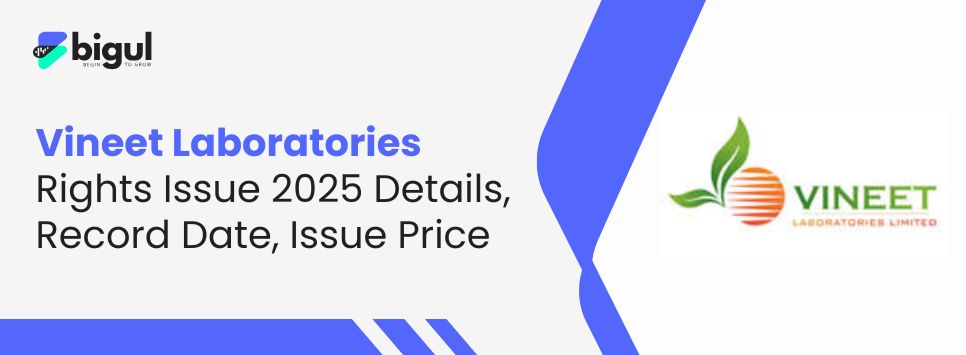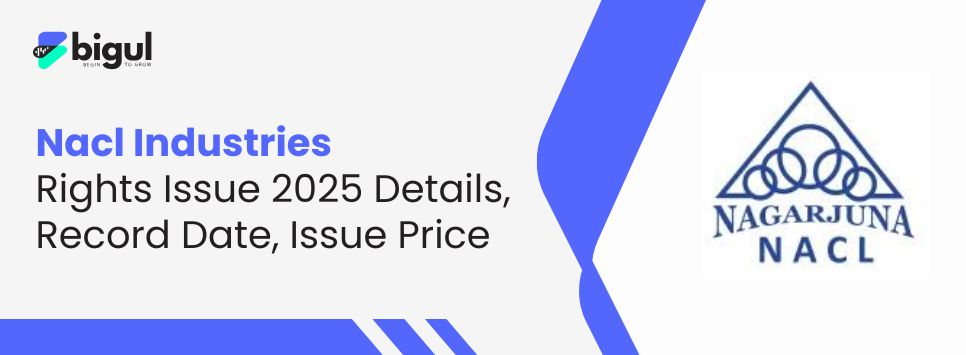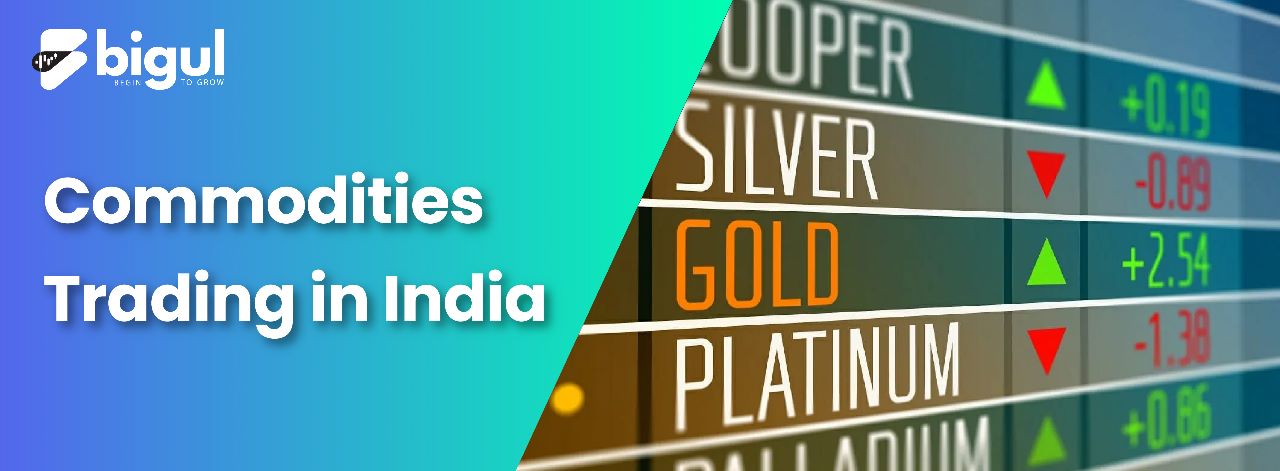- Overview
Over the past few decades, the financial markets in India have expanded quickly. Due to the availability of numerous financial investment and trading goods, traders have shown a great deal of interest in stock participation. Traders/Investors who intend to diversify their investments into forms other than conventional trading instruments like debt/equity may consider investing in commodities. With trading in essential commodities like sugar, precious metals, oil, etc. in a virtual commodity market, commodity trading is quite popular in the form of investment.
Therefore, it would be wise that you begin by becoming more acquainted with the notion of the commodities market and commodity trading if you desire to engage in commodities trading as a beginner. How does it function? What are its varieties, advantages, and step-by-step procedure to begin trading commodities in India? If you have your fundamentals right, commodity trading online would be a much simple job for you.
- What is Commodities Trading?
Commodity market instruments imply such market mechanisms which facilitate trade & commerce in the areas where there is a lack of adequate supplies. Commodities are simply standardized resources or raw materials with a particular intrinsic worth that are utilized for producing refined goods. Such resources or raw materials could be identified as every movable good that could be sold or bought except actionable claims or money. Investors such as individuals/companies trade in commodities to generate profits while minimizing risks.
Commodity trading aims to take profit from these fluctuations in price since the prices of these commodities continually fluctuate following the demand and supply variables in the market. Although the quality of commodities may vary, certain criteria must be largely consistent between producers. Trading commodities offers portfolio diversification that goes beyond typical securities. Investors engage in commodities trading during times of market fluctuations since commodity prices move the other way from stock prices. For the commodities to be able to trade, they need to adhere to the minimum requirements obligatory by the exchanges.
For example, Mr. X purchased a gold futures contract on the MCX exchange for Rs. 70,000 per 100 g at a margin of 2.5% on MCX. Thus, he will be required to pay 1750 for the gold. And, after two days, the price of gold increases to 75000 per 100gm. Then, Rs. 5000 will be credited to your account in case he has his bank account linked to the commodity market. Whereas, if the very next day it drops to Rs. 69000, then Rs. 1000 will be debited from his account. Thus, Commodity trading offers greater leverage, but because fluctuations in markets are typical, it also carries greater risk.
Commodity trading is undertaken through certain well-established stock exchanges in India. These include trading in various commodities instruments like futures, options, forwards, swaps, any other financial instrument or contract or derivative instrument, etc. linked to commodities/indexes based on prices of any commodity.
- Commodity Exchanges in India
The regulating organization that establishes, monitors, and upholds the regulations governing the trade of commodities, including the standardized commodity trading agreements and other associated securities, is the commodities exchange. Trading of different commodities & derivatives is undertaken through an organized commodity. To start trading in commodities, a trader will require a bank account and a trading cum demat account. Although all of your transactions and holdings will be stored in the Demat account, you will still need to hire a reputable stock broker to carry out trades on the exchanges.
For the trading of commodities, India has six main exchanges:
- National Multi Commodity Exchange India (NMCE)
- National Commodity and Derivative Exchange (NCDEX)
- Multi Commodity Exchange of India (MCX)
- Indian Commodity Exchange (ICEX)
- National Stock Exchange (NSE)
- Bombay Stock Exchange (BSE)
- Different Types to Commodities
Normally, commodities could be classified into two broad categories- Hard commodities & Soft commodities. While hard commodities imply commodities that act as raw materials to manufacture other goods or services, soft commodities are good for initial consumption. Thus, while metals, minerals, and crude oil could be considered hard metals, Agri-products like rice, wheat, and sugar could be counted as soft commodities. There are over 100 commodities that are traded on around fifty largest commodity exchanges in the world. Out of which, four main categories of commodities that are available for trading are-
- Metal- Precious metals such as gold, silver, and platinum including a wide range of industrial and construction materials such as iron, copper, aluminum, nickel, etc. are accessible as metal commodities for trading in the market.
- Energy commodities- This category of commodities is traded in bulk quantities which are used in domestic households and industrial production. Natural gas, oils, uranium, ethanol, coal, electricity, etc. are some examples of energy commodities.
- Agricultural products: Such commodities include a wide range of agricultural and livestock items. For instance, sugar, cocoa, cotton, spices, cereals, oilseeds, pulses, eggs, feeder cattle, etc.
- Environmental Products- Renewable energy, carbon emissions, and white certificates are all examples of environmental commodities. Soybean, cotton, wheat, corn, natural gas, gold, silver, crude oil, Brent oil, coffee, etc. are some of the commodities traded worldwide.
- Types of Commodity Market
Provided below are the types of commodity markets-
- Spot markets- Also referred to as “cash markets” or “physical markets,”, spot commodity markets are the places that allow traders to exchange tangible commodities for prompt delivery.
- Derivative Markets- Derivative markets in India involve two different types of commodity derivatives: futures and forwards. These derivatives contracts use the spot market as the underlying asset and grant the owner ownership of the same at a future time for a price that is agreed upon in the present. The commodity or item is physically delivered at the time the contracts expire.
iii. Future Contract- In the futures market for commodities, buyers and sellers trade a commodity based on a standardized contract that takes future prices into account. Futures contracts can be traded electronically and can be settled in physical cash. Commodity futures can be used to hedge or protect an investment position or to place a bet on the direction of the movement of the underlying assets. Forwards can be customized and traded over the counter, whereas futures are standardized and exchanged on exchanges, which is the primary difference between the two.
- How Does a Commodity Market Work?
Other than the conventional forms of investing, trading in commodities acts as an excellent form of investment due to the availability of a wide range of options. For those looking for ideal investment options, commodity trading is a reliable alternative. The commodity exchange offers details regarding the latest offers and bids for the specific commodity being traded based on the information gathered from the dealers who submit these bids and offers.
The Indian commodity market is divided into three main sectors, which are as follows-
- Commodity buyers and sellers can connect on stock exchange platforms. These exchanges maintain a list of commodities, which will be updated regularly depending on the demand & supply market conditions.
- Commodity trading could be undertaken directly through commodity exchange, brokerage firms, or e-trading by the investor for trading these commodities.
- Brokers are prominent participants in the Indian commodities market. They handle all the business dealings involving buyers and sellers at the risk of their capital in the Indian commodity market. Farmers and exporters/importers who wish to insure against price volatility can also trade commodities using advance contracts.
- Benefits of Commodity Trading Online
- Protection against inflation/ stock market crash/ other black swan events- When inflation increases, it affects businesses’ ability to turn a profit and makes borrowing more expensive. As a result, during an era of excessive inflation, stock prices decline. Contrarily, if the cost of items rises, the price of basic goods and raw materials would also increase, pushing up the price of commodities. As a result, as inflation increases, commodities trading becomes profitable.
- High-leverage facility- Traders can increase their potential for profit by making investments in the commodity market. By paying a margin of between 5 and 10 percent, it enables traders to hold a sizeable position in the market. In this way, the profit potential might expand dramatically even with a small price increase. Although the minimum margin requirement varies from commodity to commodity, it is nonetheless lower than the margin required for equities investments. There are restricted full-size contracts and accounts with a low minimum deposit.
- Diversification of Investment to reduce risk- Making investments in commodities allows traders/investor to manage their potential risks risk by investing in a variety of commodities, including wheat, gold, silver, and oil, for example, since commodities constitute a distinct class of assets. Commodities provide investors with a perfect approach to diversifying their portfolios because there is less of a negative correlation between raw materials and stocks.
- Transparency – The commodities industry is expanding and heavily regulated. The market is now more efficient and transparent thanks to current computerized trading tools, which also eliminate any chance of manipulation. It made it possible for equitable pricing determination through widespread participation.
- Potential to earn higher returns – Individual commodity prices might fluctuate according to supply and demand, market conditions, and inflation. However, commodity dealers also deal in futures contracts which are legal agreements between parties to exchange underlying assets at a certain date in the future. Hence, holding a future contract allows parties to anticipate the prices of commodities without actually owning them in the present.
- Protection against Market Fluctuations- During periods of inflation, investors frequently sell their equities and switch to investing in commodities, which drives up the price of those commodities. Through the continuous flow of commodities and services it offers, commodity trading lowers volatility. Additionally, if the value of the rupee declines, you might require additional dollars to purchase basic products from other sources. You could therefore only profit from commodities that will protect you from market risks and swings.
- How to Open a Commodity Trading Account?
Every trader should consider registering a commodity trading account with a reputable and trustworthy broker. Even if the trader wishes to open the commodity trader account offline, he may visit a brokerage firm as the process is now easier & simpler due to the presence of the internet. The steps for opening an online commodity trading account in India are as follows:
Step 1- Fill up the online form correctly and carefully along with all the documents required for KYC purposes. Some of the documents required for opening a Commodity Trading Account include-
- Proof of Identification documents such as an Aadhar card/ PAN card/ or a driver’s license.
- Proof of address verification through documents like voter ID/ a passport/an electricity or phone bill, etc.
- Next, submit a copy of documents for the required income proofs which may include-
- Copies of ITR or Form 16;
- Past bank a/c statements (at least six months)
- Business Account statements;
- Net worth certificate, and
- Demat holding certificates/statement
Steps 2- While opening a commodity trading account it should be kept in mind-
- A member-client agreement must be signed & executed between the parties i.e. commodity broker and trader.
- The agreement must be executed on a non-judicial piece of paper.
- The broker should provide a detailed breakdown of the fees along with a summary of the terms and conditions.
- The agreement needs to be validated by being stamped by the appropriate legal authority and bearing a revenue stamp.
Step 3- Since your commodity trading account is linked to your Demat account, share details regarding the same.
Step 4- Submit your initial cheque for margin deposits to be applied for trading purposes. Further, make payment for the broker’s fees as per their applicable charges.
Step 6- Once you’ve completed the application, submit all the required information & documents, and paid the account activation fees. You will receive a trade ID and account information created by the broker once the documents are processed and the account is enabled. However, the processing time may vary typically depending on the broker. You can start trading once the account is activated. Verify the original margin amount in the account, and if there are any problems, contact your broker to resolve them.
- How should I pick a commodity broker?
Competent broker exudes credibility and experience in their services. Therefore, it is necessary to make an informed decision about a broker by taking into account the range of services offered, the responsiveness of the customer support staff, the quality of the financial advice offered, the approach adopted to process margin requests, and other factors apart from the fees.
The investor should look into the platforms that the investments are being made through before opening an account with the broker. For someone who is trading in commodities for the first time, it would be recommended to take a demonstration of the broker application. Investors should research the platforms on which their investments are being made public before registering with a broker.
- FAQs
- How can you start trading commodities in India?
The following elements are required before you may start trading commodities in India:
- Trading and Demat account with a reputable broker
- Basic understanding of the commodity markets
- What is a commodity future?
Future contracts are the best instruments to invest in commodities. A futures contract is an agreement to trade a specific commodity at a fixed price in the future. Futures are offered for all commodities listed in the market which are typically used to balance prices to protect against losses brought on by material good price movements that are considerable.
- What is the bare minimum that can be invested in commodities in India?
For dealing in commodities, there is no predetermined minimum capital requirement in India. Because of this, several brokers offer high leverage on thin spreads, enabling you to manage substantial trade volumes with modest beginning capital.
- Do I require separate Demat and Commodity Trading Accounts?
Absolutely. A DEMAT account and a commodity trading account are not the same. You require a separate commodity trading account in addition to a commodity DEMAT account, which enables you to trade on commodity exchanges, to engage in commodity trading.
- What are the hours of operation for commodity exchanges?
Every exchange for commodity trading is open from 10 AM to 11:30 PM, and they all operate similarly to stock markets. Weekends and bank holidays are closed for trading on commodity markets.
- Can we trade commodities online?
With the advent of the internet & online trading platforms, commodity trading has become more simpler & smoother. Nowadays, a commodity trading account may now be opened online, and once it is, you can trade commodities without ever speaking to a broker. This streamlines the entire process and makes it secure altogether.
- Is delivery possible against a commodity?
Futures contracts for commodities are agreements for the supply of goods. If the contract design includes enough delivery logic, it is possible to get deliveries against commodity futures contracts. The future price of commodities is determined by the bids and offers made by commodity dealers, traders, and investors.
- Where to find commodity updates?
Commodity updates can be found in a variety of locations by investors looking for trading possibilities. You might identify prospective trades by keeping track of important commodity updates regarding price and delivery.
- Which taxes apply to dealing in commodities?
Brokers must pay the commodities transaction tax (CTT). GST is paid in the commodity business on brokerage, physical delivery fees, exchange fees, and warehouse fees apart from the stamp duty applicable.
- Who oversees commodity trade in India?
Trading on the Indian commodity market is governed by the SEBI. Operations are managed daily by the Commodity Derivatives Market Regulation Department (CDMRD). The SEBI recently permitted trading in the commodities derivatives area by mutual funds and PMSes.
- What exactly does a commodity trading account mean?
Trading in commodities is the same as trading in other financial instruments through established stock exchanges in India. Gold, crude oil, copper, silver, zinc, natural gas, agricultural products, and other items listed on commodities markets are a few of the commodities that are commonly exchanged through the commodity stock exchange. You must open a commodity trading account with a reputable and trusted commodity brokerage business to execute these transactions.

.jpg)
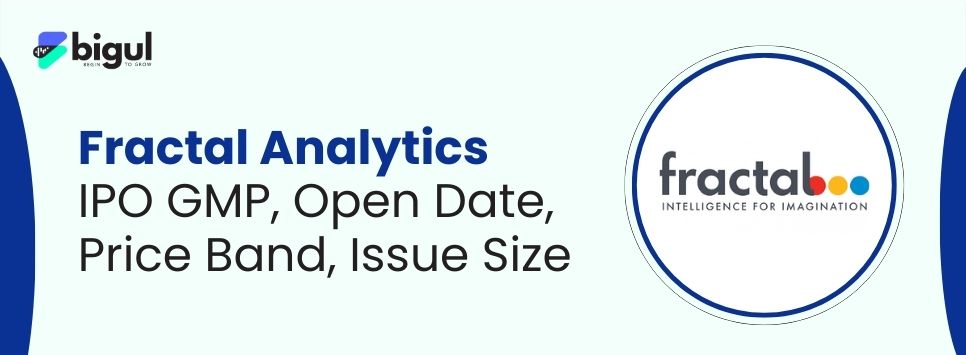
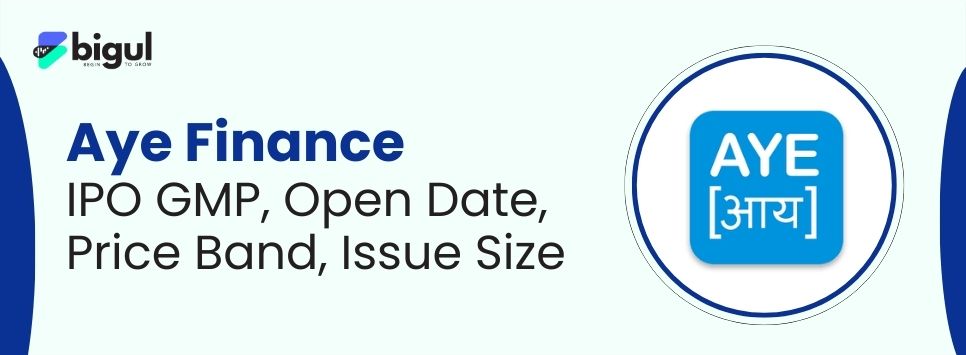
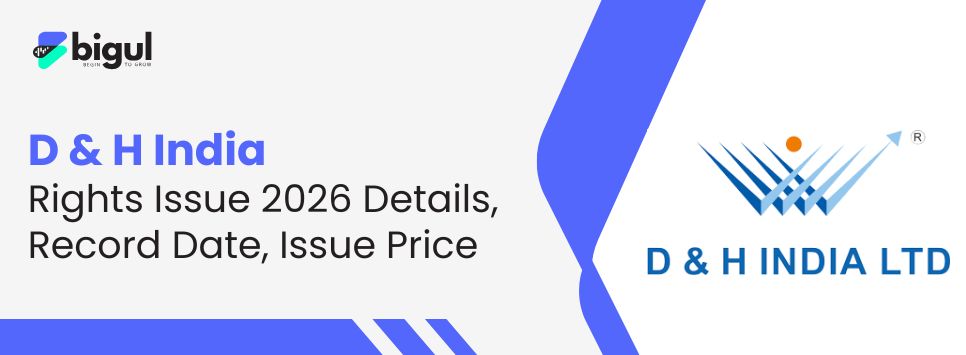

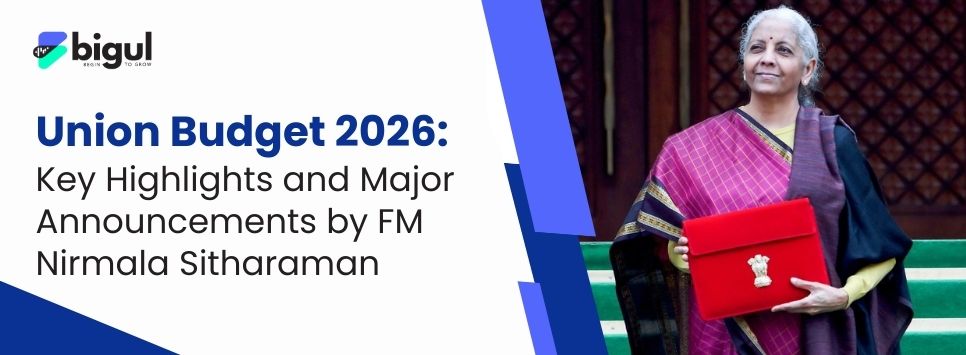
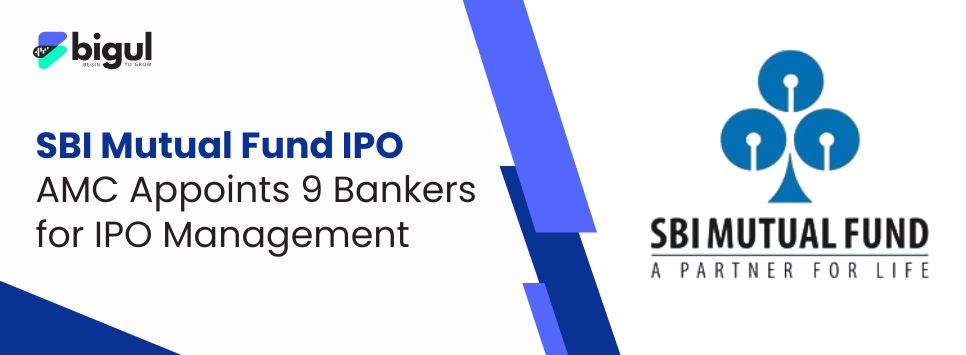
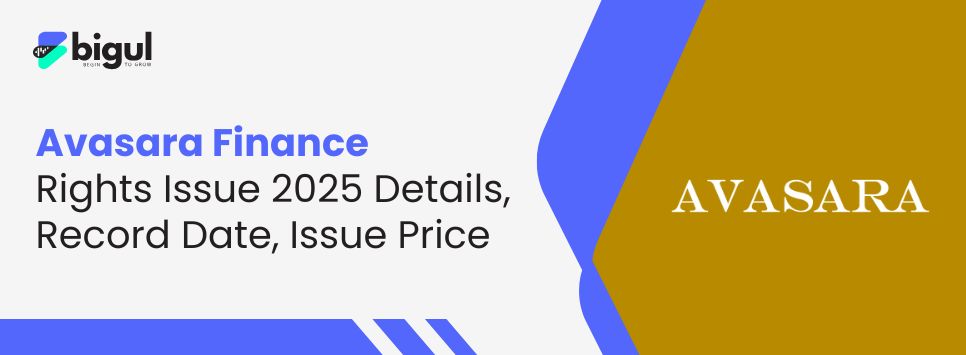
.jpg)
